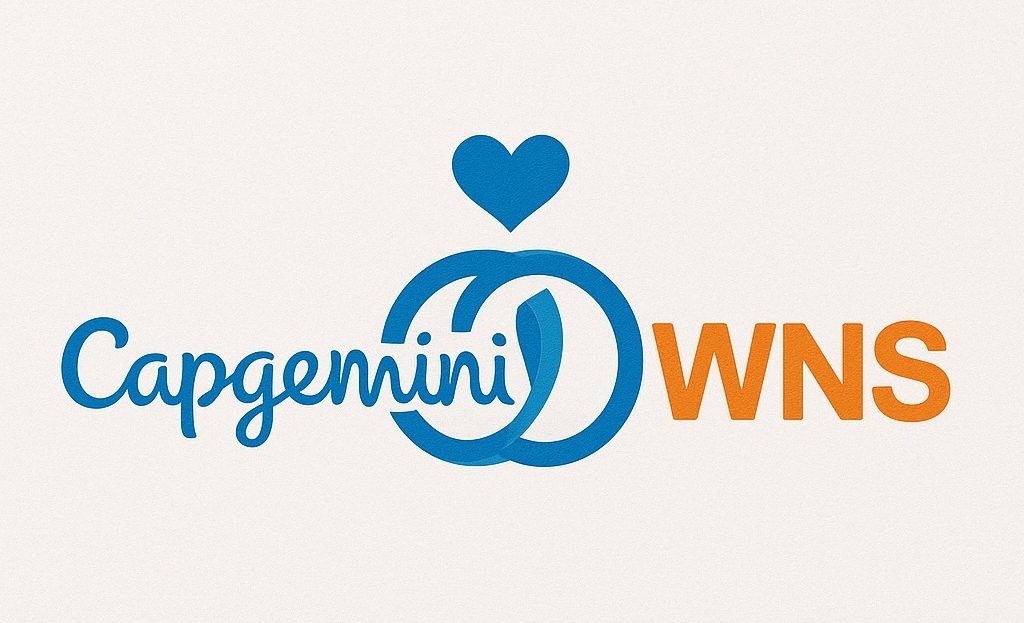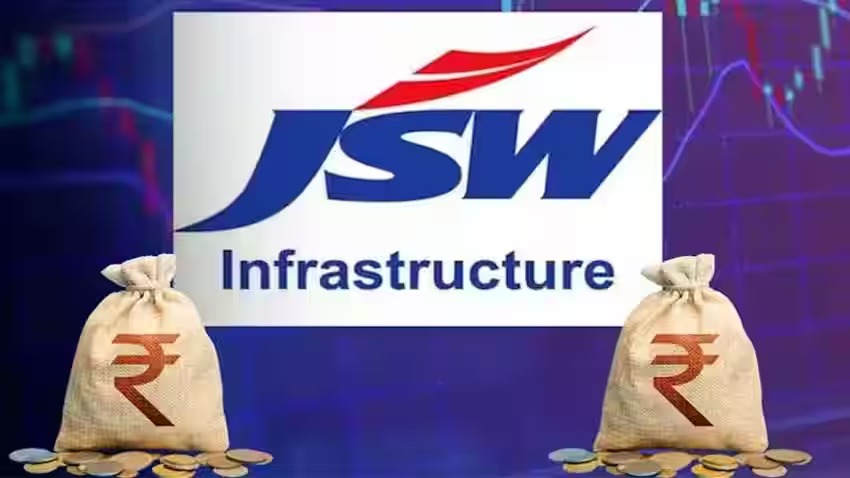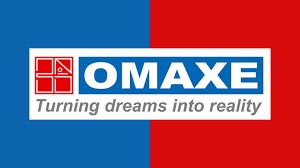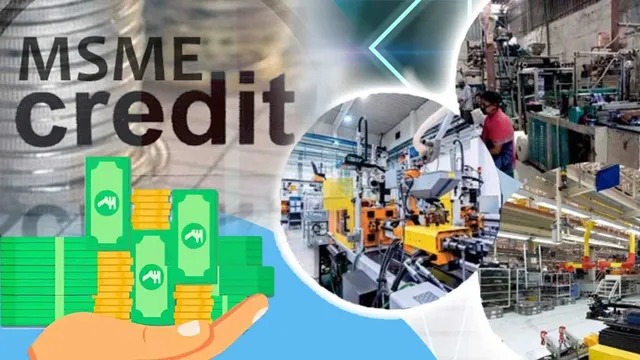
Follow WOWNEWS 24x7 on:
Updated: July 07, 2025 14:29
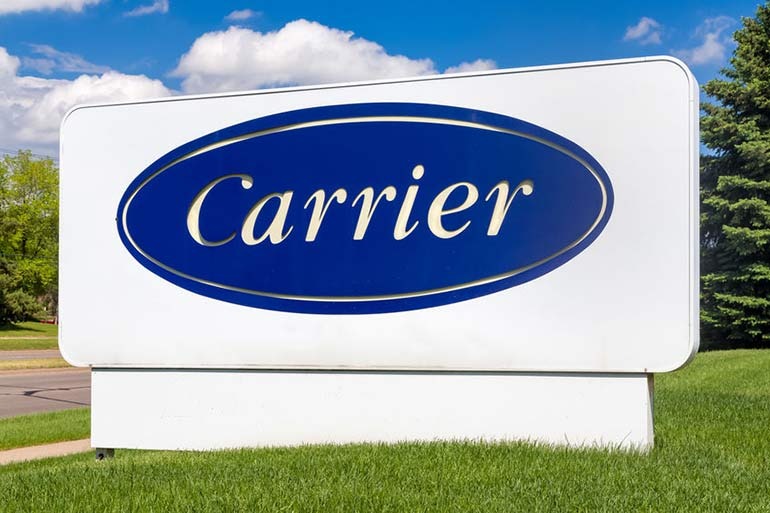
Carrier Global Corporation has filed a lawsuit in June 2025 challenging India’s revised e-waste pricing regulations, becoming the latest multinational to oppose the government’s mandated floor price for recycling payouts. The legal action reflects growing industry resistance to what companies describe as an economically burdensome and poorly structured policy.
Key Highlights and Strategic Context:
Carrier’s lawsuit follows similar legal challenges by Samsung, LG, Daikin, Voltas, and Havells, all contesting the Environment Ministry’s directive that mandates a minimum payment of ₹22 per kilogram to formal recyclers.
The policy aims to formalize India’s fragmented e-waste sector, where over 80% of recycling is handled by informal scrap dealers. However, companies argue the pricing model disproportionately increases their compliance costs.
Carrier contends that the regulation violates market principles and imposes a steep financial burden without addressing enforcement gaps in the informal sector.
The company’s filing echoes LG’s and Samsung’s earlier arguments that the policy fails to incentivize genuine environmental outcomes and instead penalizes manufacturers under the guise of the polluter-pays principle.
The lawsuits are being heard in the Delhi High Court, with proceedings expected to shape the future of India’s e-waste compliance framework and its attractiveness to global electronics manufacturers.
Conclusion: Carrier’s legal move underscores the widening rift between India’s regulatory ambitions and industry’s cost concerns. As the government pushes for a cleaner, more formalized recycling ecosystem, the outcome of these lawsuits could redefine the balance between environmental responsibility and economic feasibility.
Sources: Business Standard, India Today, Outlook Business, Reuters, Delhi High Court Filings (April–June 2025)

